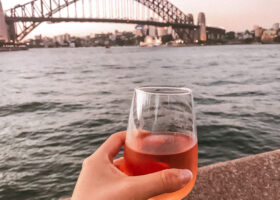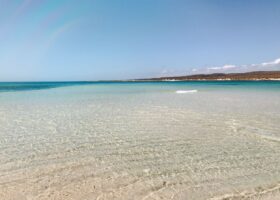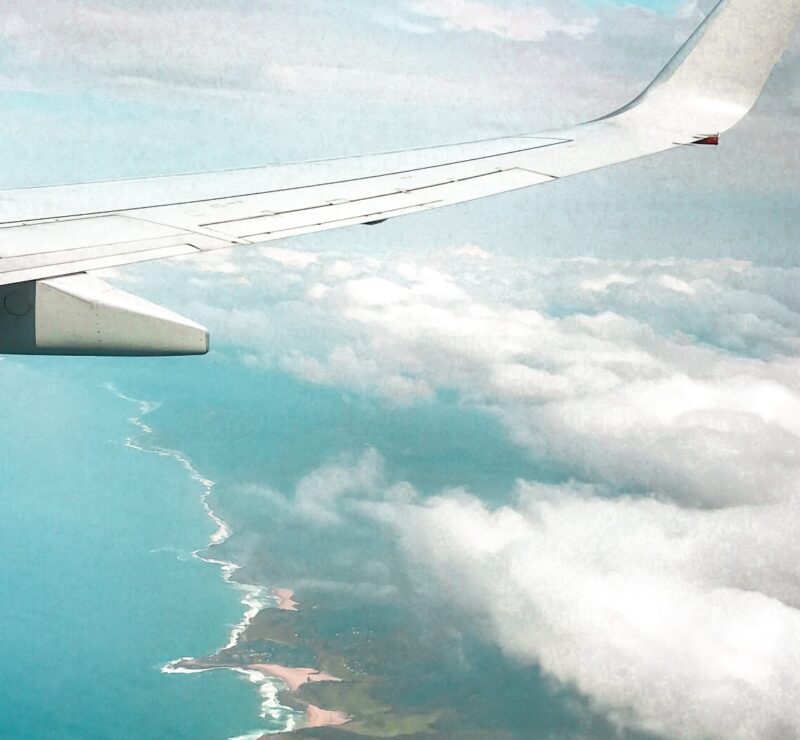
Moving to the land down under is a pipe dream for many, but it’s also a very real possibility – especially if you’re under 30. Almost anyone within the age threshold can move to Australia under the working holiday visa. Who doesn’t want to experience the laidback, beachy lifestyle of the land down under? Throughout this post, I’ll share my experience as an American moving to Australia in 2019.
Before embarking on my trip, I had a lot of questions and relied heavily on blogs. However, the more recent, the better, and I found it difficult to come across Americans who went abroad. I particularly had some questions around two topics I couldn’t find easy answers to:
- Healthcare
- Getting a non-“backpacker” job, or attempting to continue my profession, which is marketing, on the WHV
So behold, here is my advice to anyone considering or about to move to Australia. Obviously, the time of this publish (during COVID19) isn’t allowing for such a move, but maybe you’re in the planning stages or considering it down the line.
Getting Settled
Perform research ahead of your trip to decide where you want to scope out, and what sounds like a possibility for you.
- Do you want to do farmwork right away and get a 2nd year extension?
- Do you want to live in an artsy, culturally hip city? Are you okay with more Seattle-like weather? Maybe Melbourne is good for you.
- Do you love the beach, the sun, and a larger city? Is price a major issue for you? Some may describe Sydney as ritzy, but it’s my favourite.
- Would you prefer to adventure and road trip through the outback? Try Western Australia, or the Northern Territory. If you don’t mind being more isolated, these territories and South Australia are lowkey choices that will stun.
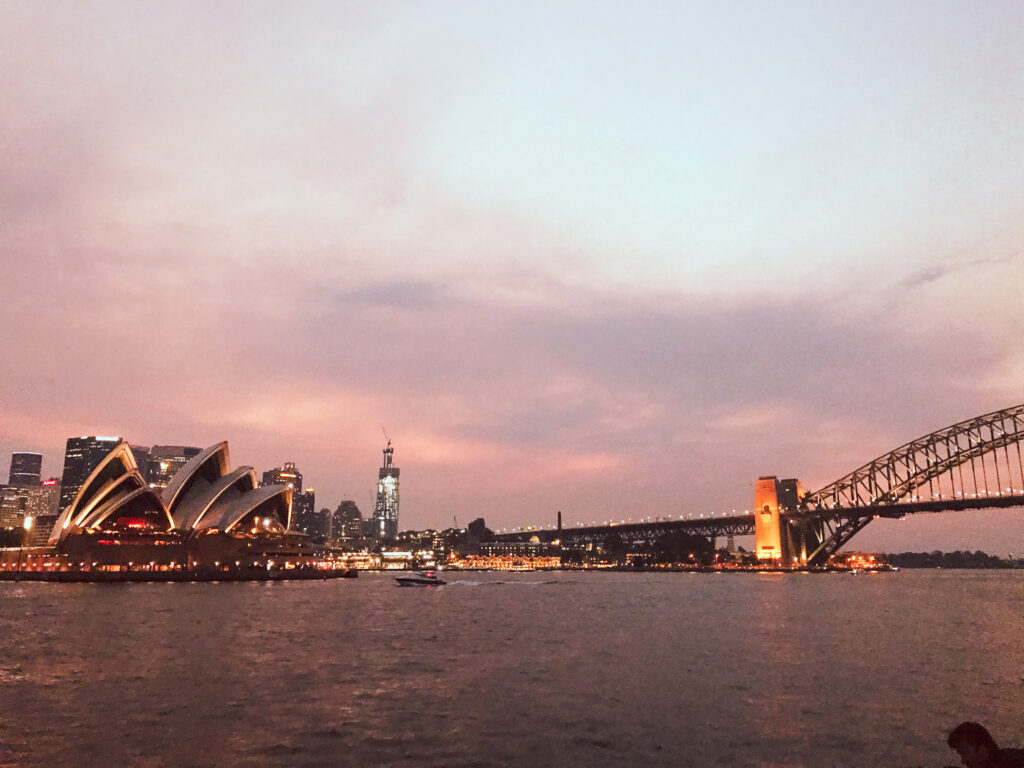
Your first few weeks, you’ll probably stay in a hostel or sublet room (details below on how to get these) until you get your on your feet: a job, place to live, and build your network.
Make sure you go through this checklist before arriving to set up your phone, bank account, and understand other necessary details to start your life in Australia.
Making Friends
I think this is where a lot of people feel anxious about “resetting” or having to “start over.” Moving to Australia likely means you may know few, if any people in the country. I first visited Australia on a 1.5 week vacation in Spring/Fall 2016, traveling both solo and on a Contiki tour. When I got onto that plane, I did not know a single person in Australia. Nobody, on the entire continent.
By the time I landed in Auckland, I already had one Aussie friend: my seatmate, Danny. Then, on my Contiki, I befriended Emma. So there’s two people I knew comfortably enough to reach out to if needed or stay in contact with.
On my return, I linked up with Danny again, but since he’s a Melb native, and I was bound for Sydney, I didn’t see him much. However, finding other friends happened pretty naturally for me.
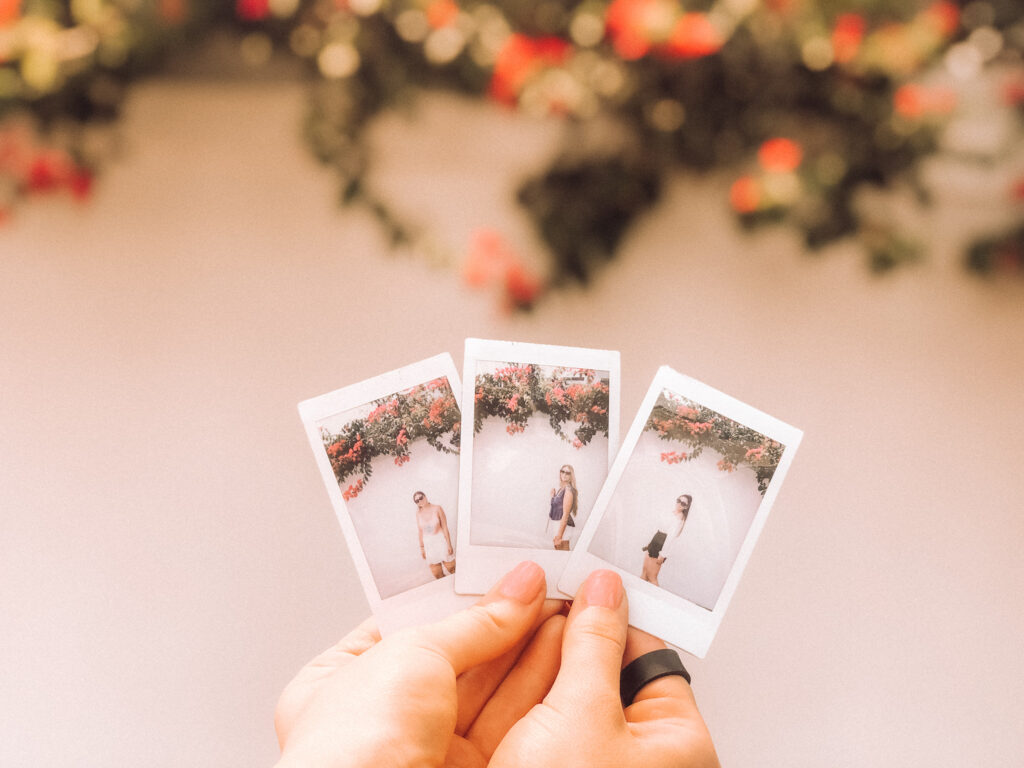
4 ways to meet new friends
- Staying in hostels/flats: Heading where other backpackers congregate is a great way to meet like-minded travelers, naturally. I met several other travelers similar to me in hostels, which allowed for great social interaction and sharing of experiences. Even subletting a room or bed short-term leads you to likely befriend the people who live in your flat, no matter the length of the stay. People are friendly and looking to make other friends, too.
- Bumble: Did you know Bumble isn’t just for dating, but there’s Bumble BFF and Biz? I met many great people through the app, who were merely looking to branch out or extend their network. At one point, we put together a women’s hiking group for several us around the same age interested in hiking around Sydney.
- Work and roommates: The people you spend the most time with get to know you very well, so there’s a high chance that if you get along, you’ll become great friends.
- Organizations, Clubs, Volunteering: Get involved in activities as much as possible. Find a cause to volunteer with, join a local sports club, try Toastmasters, you name it – there will be something up your alley.
Getting a Job
Finding work was unpredictable and difficult to find when I arrived in Australia, mostly because my plans A and B didn’t seem plausible. However, I was really fortunate in the end. You can read about it here.
Office work, hospitality, farmwork, or other
If you’re looking for a desk job, connect with a recruiting firm right away. Admin jobs will be easier to snag, but if you have in-demand skills like accounting, you should also find opportunities. The WHV does have limitations however.
Most backpackers seek opportunities in hospitality, such as restaurants or bartending. There are definitely opportunities, though you will need to get an RSA, which is a small investment. There is nothing wrong with getting a hospitality, farmwork, or “backpacker-type” job! For me personally, I knew I would be happier in an office setting.
Look on local loops like this Northern Beaches Sydney group, and leverage tools like Seek.com.au!
Healthcare
Being American, I knew I wouldn’t be granted the same privileges as other visa-holders and Commonwealth citizens. Most healthcare systems are joint, so Australia deals what it is negotiated with the other countries.
After a bit of research, it was clear I would not receive universal healthcare, or Medicare qualification in Australia. Extending a COBRA or US insurance would be out-of-this-world costly ($300-400 USD/mo), so the core option was travel insurance ($500 for several months. The longer periods you buy, the cheaper it gets). I was skeptical at first, mostly because practically every insurance has negative reviews and a flurry of complaints. Also, because isn’t travel insurance for like, lost luggage? Would it really come in use?
The answer is: yes, it absolutely does. I opted to go with WorldNomads, which is overwhelmingly a pick of choice for most backpackers, for one key reason: they allow sports and adventure activities within their scope of coverage. This is rare.
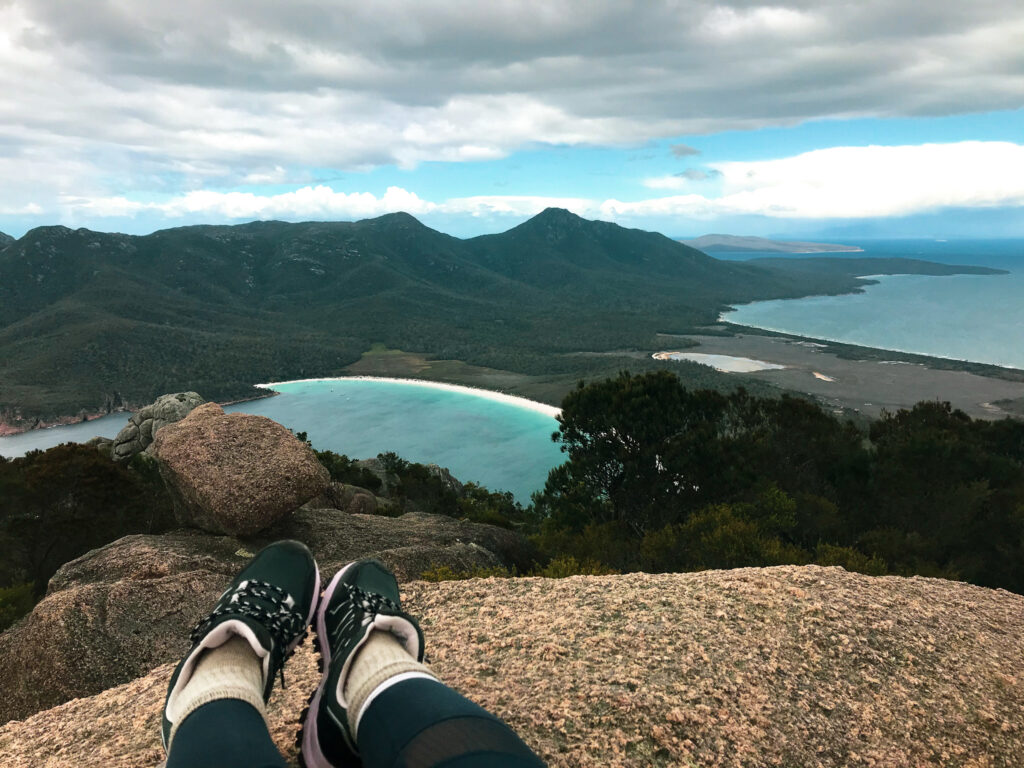
Choosing your travel insurance
Remember to always read the fine print, and terms and conditions with the insurance you select. With WorldNomads, I read an account of another backpacker who had accidentally slipped while cleaning his ears with a cotton swab, and punctured his eardrum – WorldNomads covered it.
It turns out, I had a q-tip related incident myself. Fortunately, I did not puncture my eardrum, but I got too enthusiastic with my ear cleaning. The cotton part actually fell off the stick slid into my ear, down the canal.
I ended up in the Bulk Billing (this is your cheaper bet, if you need to visit the doctor) Medical Centre of Bondi Junction the next morning. At a total of $170 AUD to have a doctor remove the swab, WorldNomads covered the entire cost.
You will need to provide all documentation, images, proof, bills, and even your flight information that proves you are where your coverage plan states.
The Living Sitch
Finding a place to live is another realm that might take a couple of weeks. The most useful platforms for you will be Facebook groups and Flatmates.com.au. There are also other variations of Flatmates, but that’s the most popular platform. Some people go for Gumtree as well, but it’s a bit like a Craigslist – so shady things may happen. I had to pay for the two week usage of Flatmates to unlock messaging purposes – which is about $14.99 AUD.
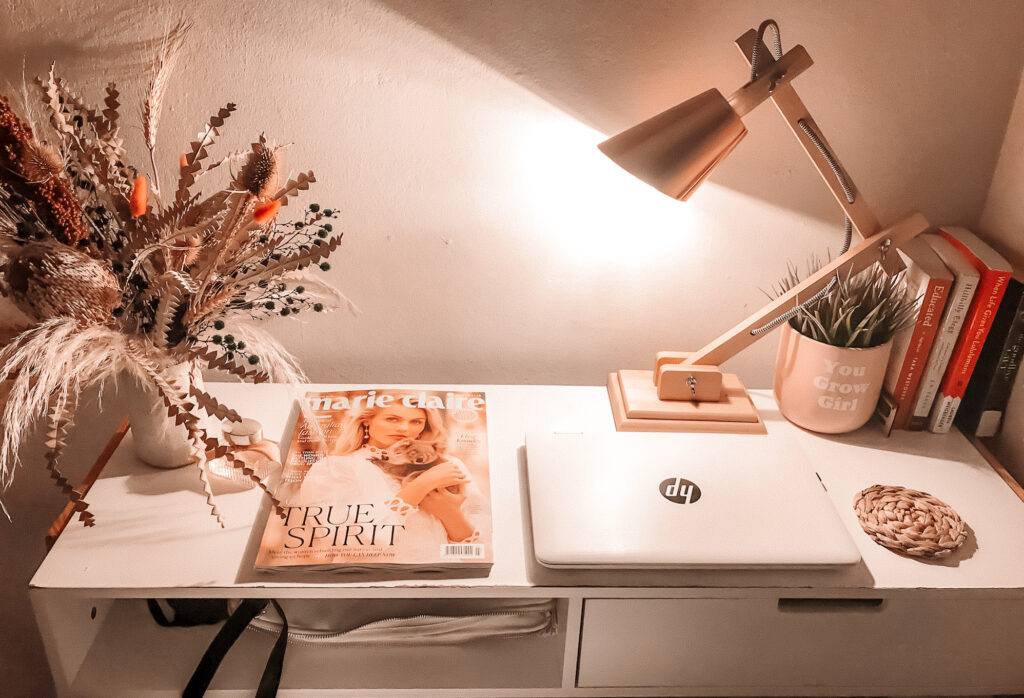
For Facebook, check the local loops in your area. In Sydney, I knew I wanted to be by the coast, so I joined the loops for Bondi, Coogee, and the Northern Beaches. You can also join this Sydney flat and sublet group. Irish Around Sydney, contrary to its name, is the largest backpacker active backpacker group in Sydney, and it’s not just for Irish folks.
Short-term or in-between accommodation
People will post if they are subletting their place for a couple weeks, which is a great short-term option while you look for a more permanent place – I highly recommend this if you’re between places and value more privacy. As I inch closer to 30, I feel like I’m outgrowing hostels, especially because a good one is hard to find in Sydney, and they’re just as costly. Also, this gives you the chance to feel out a neighborhood and if it’s right for you.
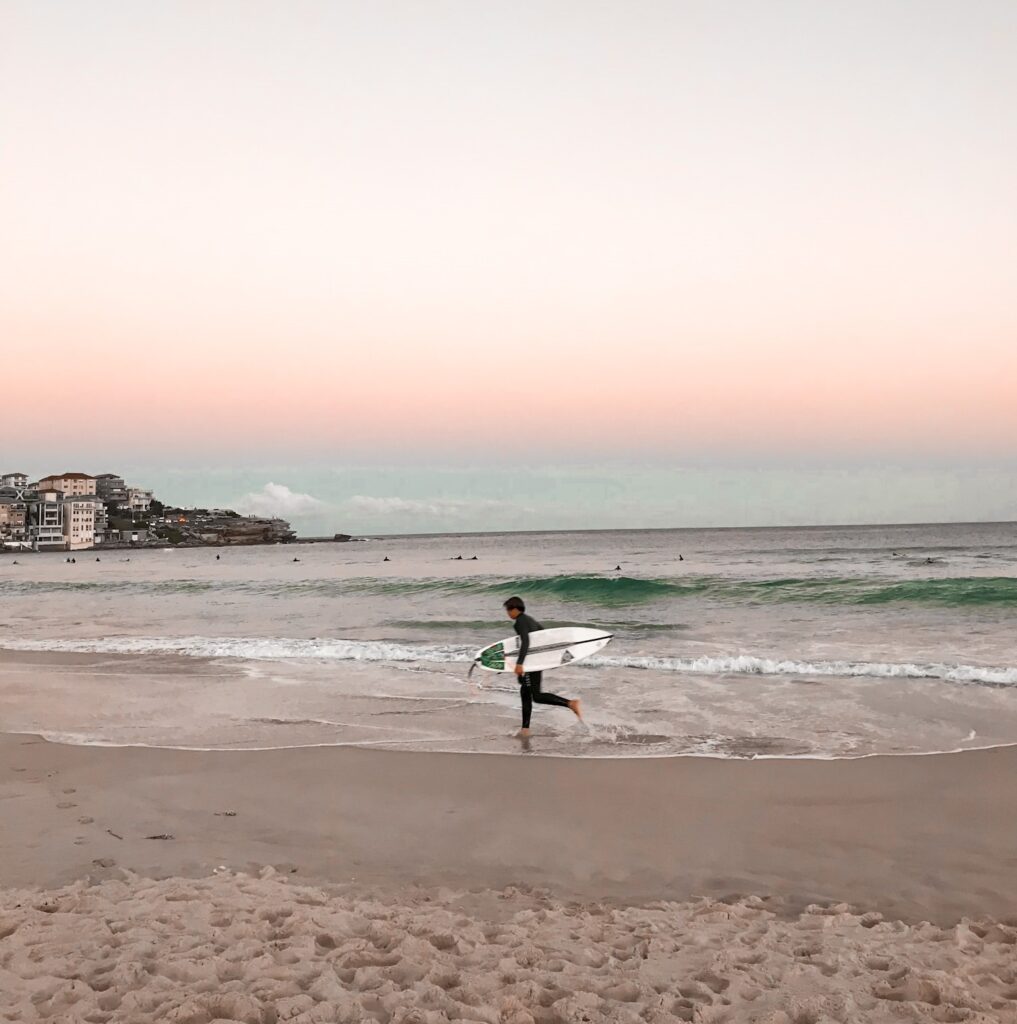
Research and do some exploration when you’re picking the neighborhood or “suburb” you want to live in, especially if it’s in a major city like Melbourne or Sydney.
If you’re artsy, you might want to consider Fitzroy in Melbourne, or Newtown/Inner West in Sydney. If you’re the lululemon, active beachgoer, St. Kilda in Melb or the Eastern Suburbs, Manly, or Cronulla are your best bets in Sydney.
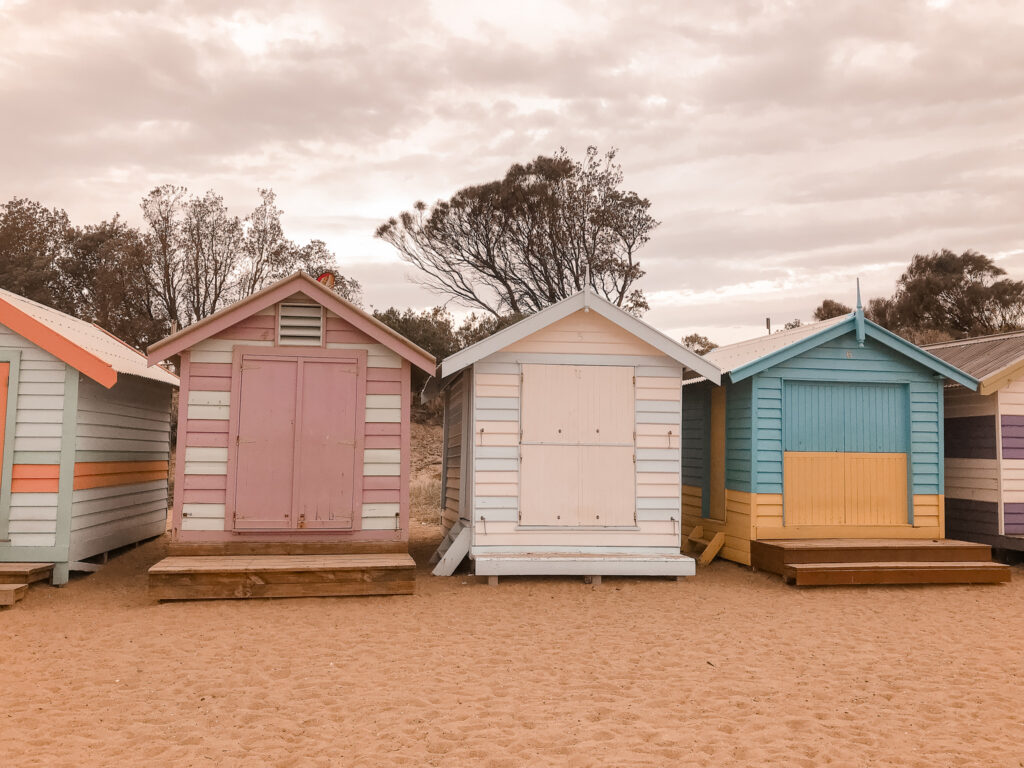
_____
I hope this advice helps for all travelers, but especially if you’re an American moving to Australia in the foreseeable future! From my observations, the UK is more similar to Aussie life than the US. However, assimilating will be easy enough, with the right attitude and preparation.








